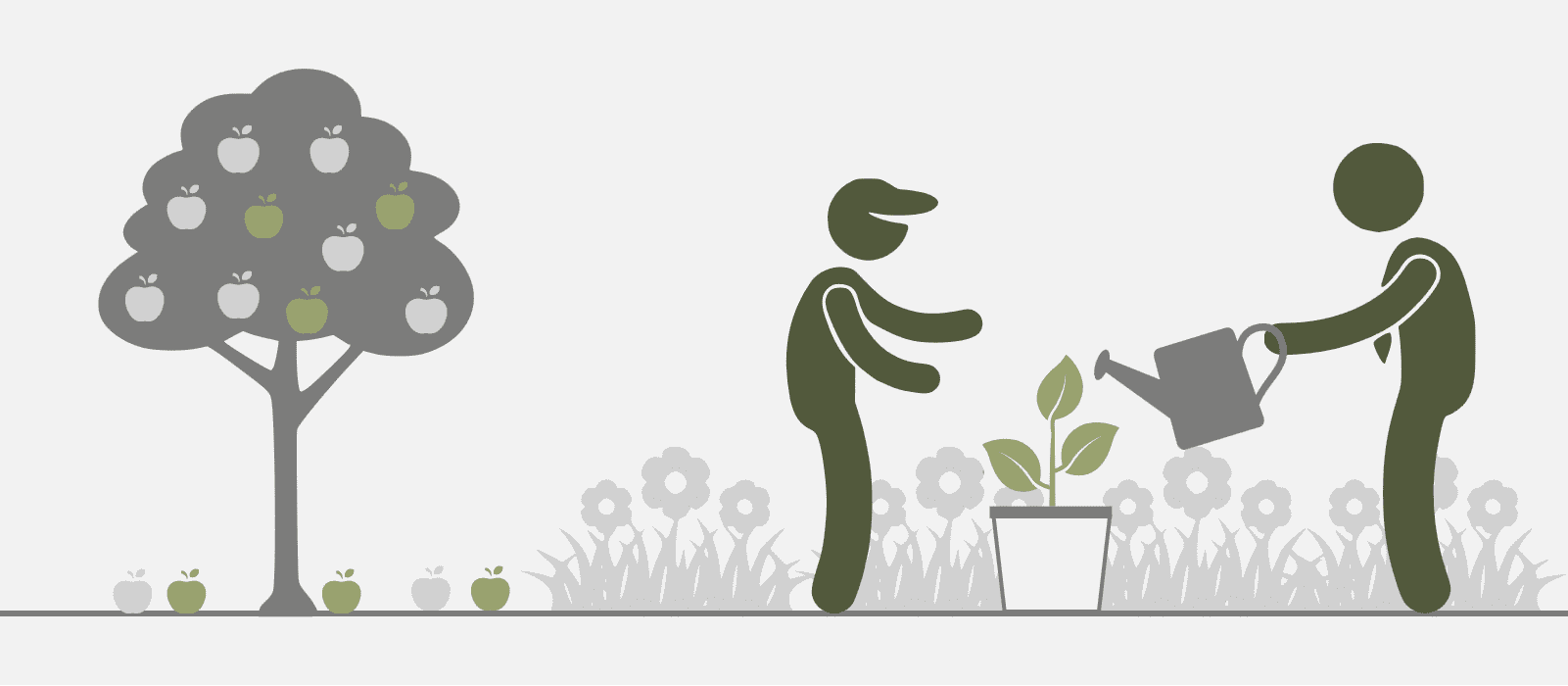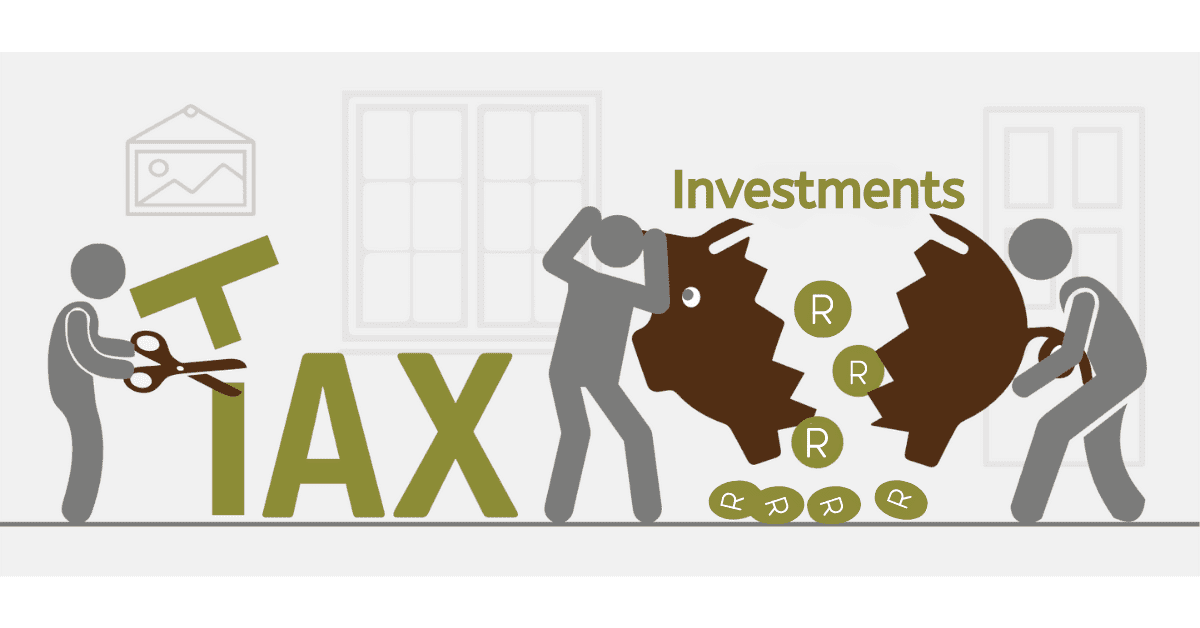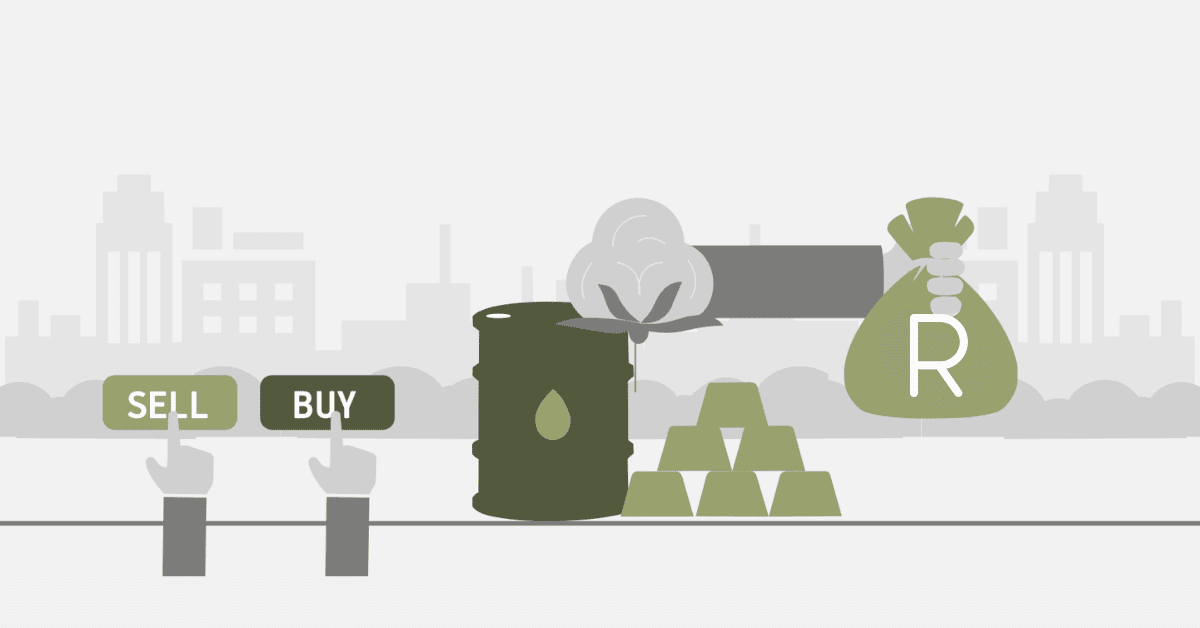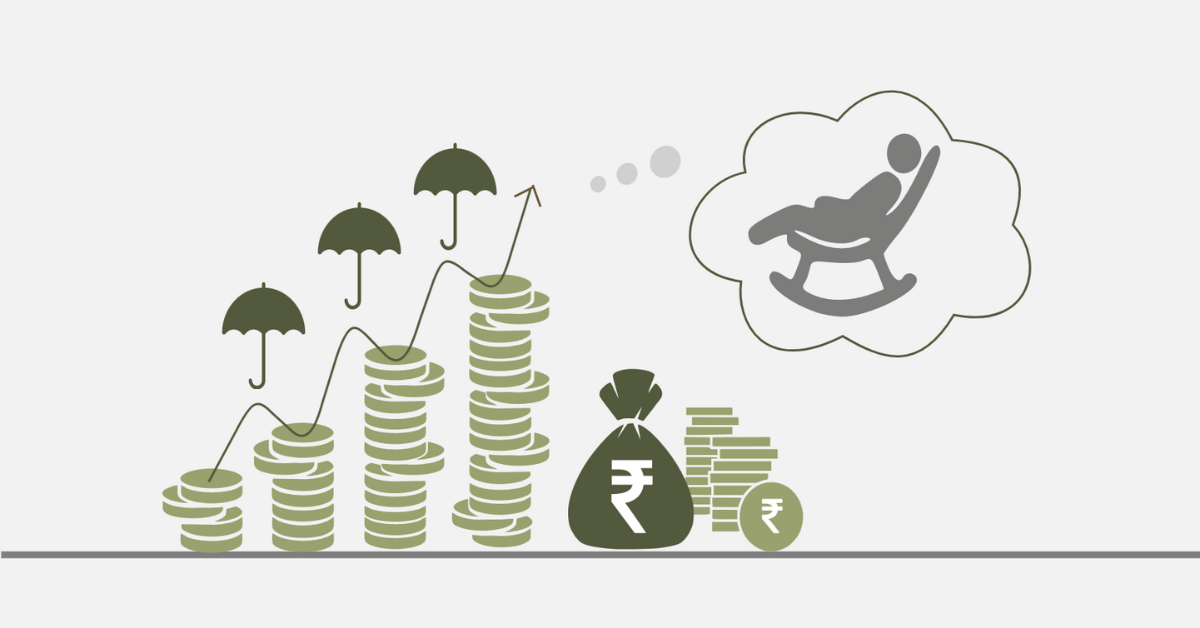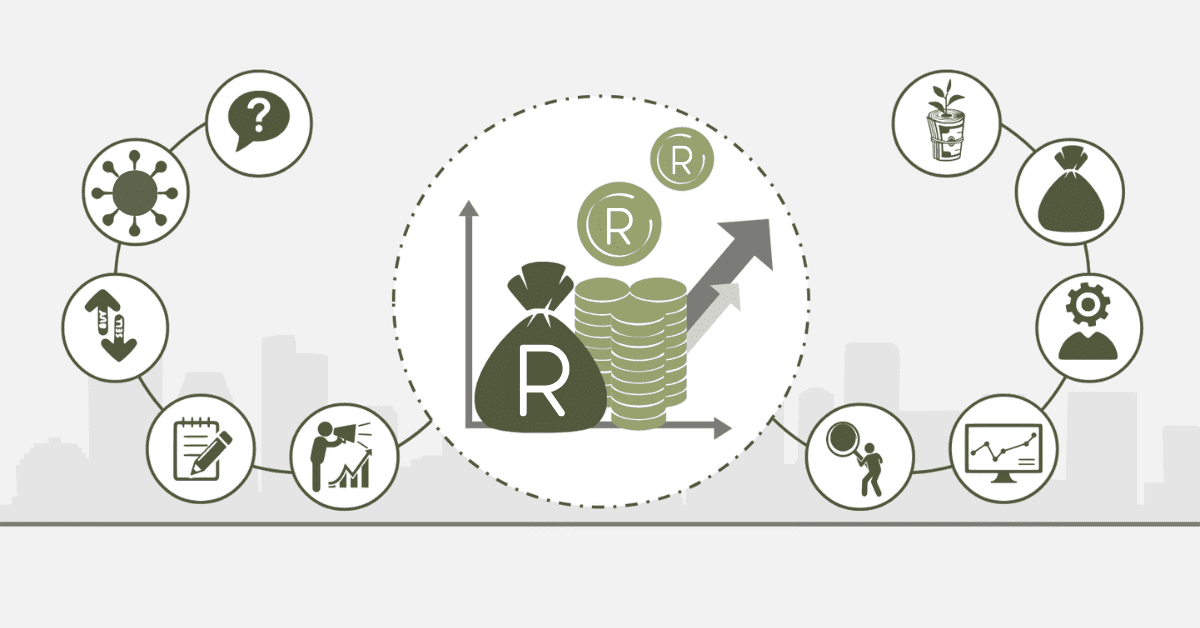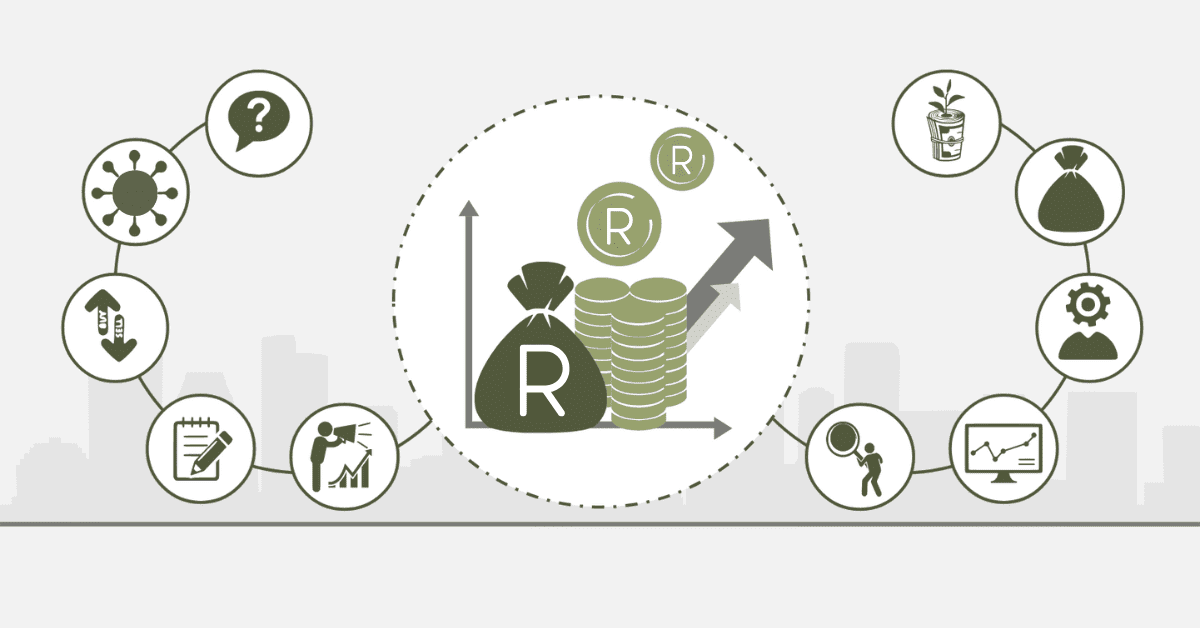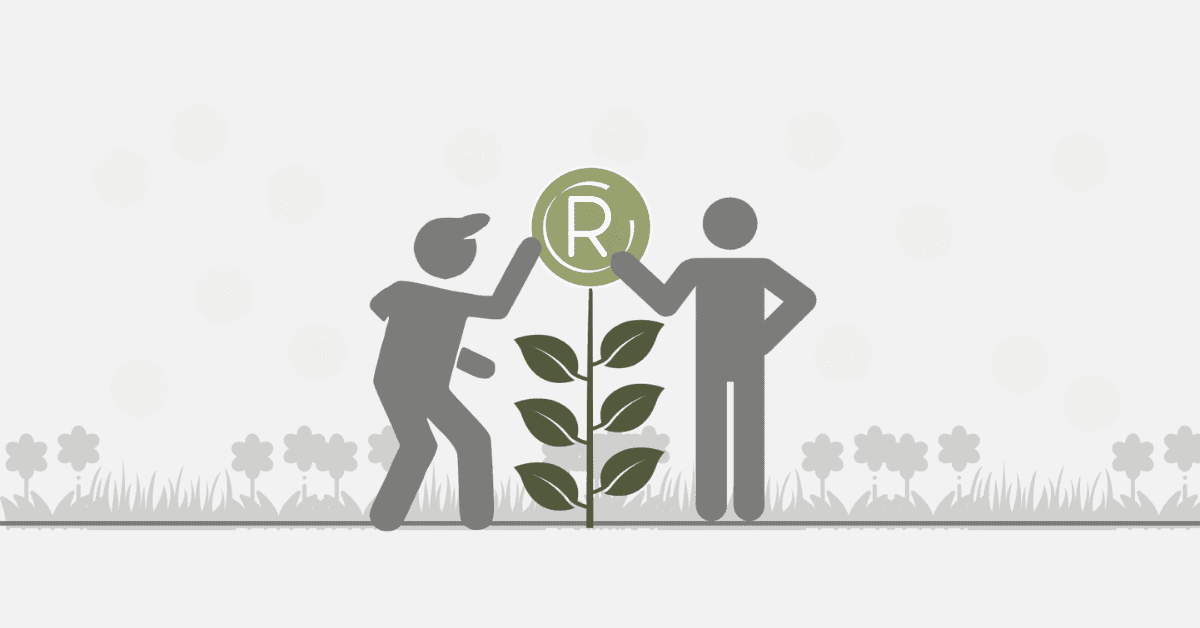Capital gains tax refers to tax payable on the net profit derived upon disposal of an asset. The asset may be property, shares, or investments of another type. CGT can potentially erode investment returns substantially, and it is essential to study how this tax can be legally minimized. Knowledge of the laws and strategic planning enable taxpayers to reduce their CGT liability effectively. Some practical strategies are reviewed below.
5 Ways You Can Reduce Capital Gains Tax
Use the Annual Exclusion
Residents of SA are entitled to an annual exemption on the capital gains tax. In other words, this is the quantum of any capital gain you will not have to pay the tariff on. That’s R40,000 for the 2026 tax year. You can optimize it by structuring your sales over different tax years. For example, if portions of an investment are sold over a few years, you will minimize the amount of your gains that become taxable.
Invest in Primary Residence
Taxpayers who sell their principal residence may qualify to exclude quite a substantial part of the gain from CGT. The first R2 million of the gain on the sale of the primary residence will be exempt from CGT if specific criteria are satisfied in South Africa. You would want your house to be considered your primary residence and to have held it for long enough so you minimize your payable tax.
Offset Gains with Losses
If you have poor investments, it will be worthwhile to sell them, as this will result in capital loss. Such a transaction can then offset your capital gains. Overall, this will minimize any CGT liability. Remember, this is the strategic timing of loss increases that reduce the tax burden.
Utilize Retirement Funds
The major boosters in South Africa are retirement fund contributions, such as an RA, which will reduce your taxable income and, by default, your CGT liability. Returns from the investments within these funds do not incur CGT, thus making them efficient for growth.
Hold Assets for the Long Term
South Africa is an inclusion rate-based tax system; hence, it only looks at a portion of your capital gain as the amount that should attract tax. For individuals, that rate stands at 40%. The longer you hold an asset, the less likely a taxable event is; hence, you minimize your overall CGT over time.
What Amount Can be Regarded as Being Tax-Free in South Africa on Capital Gains?
These are further reduced by various exemptions and exclusions that greatly reduce the taxable portion of the capital gain. For the 2026 tax year, the annual exclusion for individuals was pegged at R40 000. This allows the taxpayer to shield a part of the gain from taxation.
The primary residence exclusion is among the most generous exemptions available when selling your house. If the property constitutes your primary residence, the first R2 million of any capital gain realized on its sale will be fully exempt from CGT. This would be a house that is not used for business purposes, and it should satisfy the size criteria.
Other exemptions include small business owners over 55, who can get a lifetime exclusion of up to R1.8 million upon selling such a business. It encourages entrepreneurship and gives some relief to retirees.
Understanding these exemptions and planning the sale of your assets to minimize your CGT liability will benefit any taxpayer. It is further advised to consult a tax professional for better compliance and utilization of these exemptions.
How to Avoid Capital Gains Tax in South Africa
Though it might be tough to avoid capital gains tax, there are ways to reduce the burden wholly legally. The following are some very effective means: The first is that disposals, spread over several tax years, can reduce your taxable income; thus, you can fully utilize the annual exemption every year. The sale of shares in tranches rather than in bulk, for instance, reduces one’s CGT liability.
The second aspect is reinvestment whereby, if held for more than three years, Section 9C of the Income Tax Act allows persons to convert certain capital gains into revenue gains. This works well for shares and investments which may fall under the category of long-term holdings.
The other ways of reducing CGT include strategic timing: for example, selling in a low-income year can cut your taxable income and, with it, the rate of CGT payable. This is particularly useful for retirees or people whose incomes come in fits and starts. Last but not least, the transfer of asset gifts to beneficiaries, provided certain conditions are met, can shift the CGT to the latter parties, which could reduce their overall tax burden. This, in general, is done in the case of estate planning but needs to be performed with due care under the advice of a legal professional.
Final Thoughts
Capital gains tax is given upon investing, but substantially reducing its effect is possible if proper planning amongst South Africans is instituted. From availing annual exclusions to investing in tax-efficient pools, such as retirement funds, strategic steps are essential for handling the tax burden. A consultation with a tax adviser will ensure you remain compliant with all the regulations and optimize your financial outcomes. Be aware of the rules and make decisions to stay ahead and retain more of your investment returns for efficient wealth creation.


